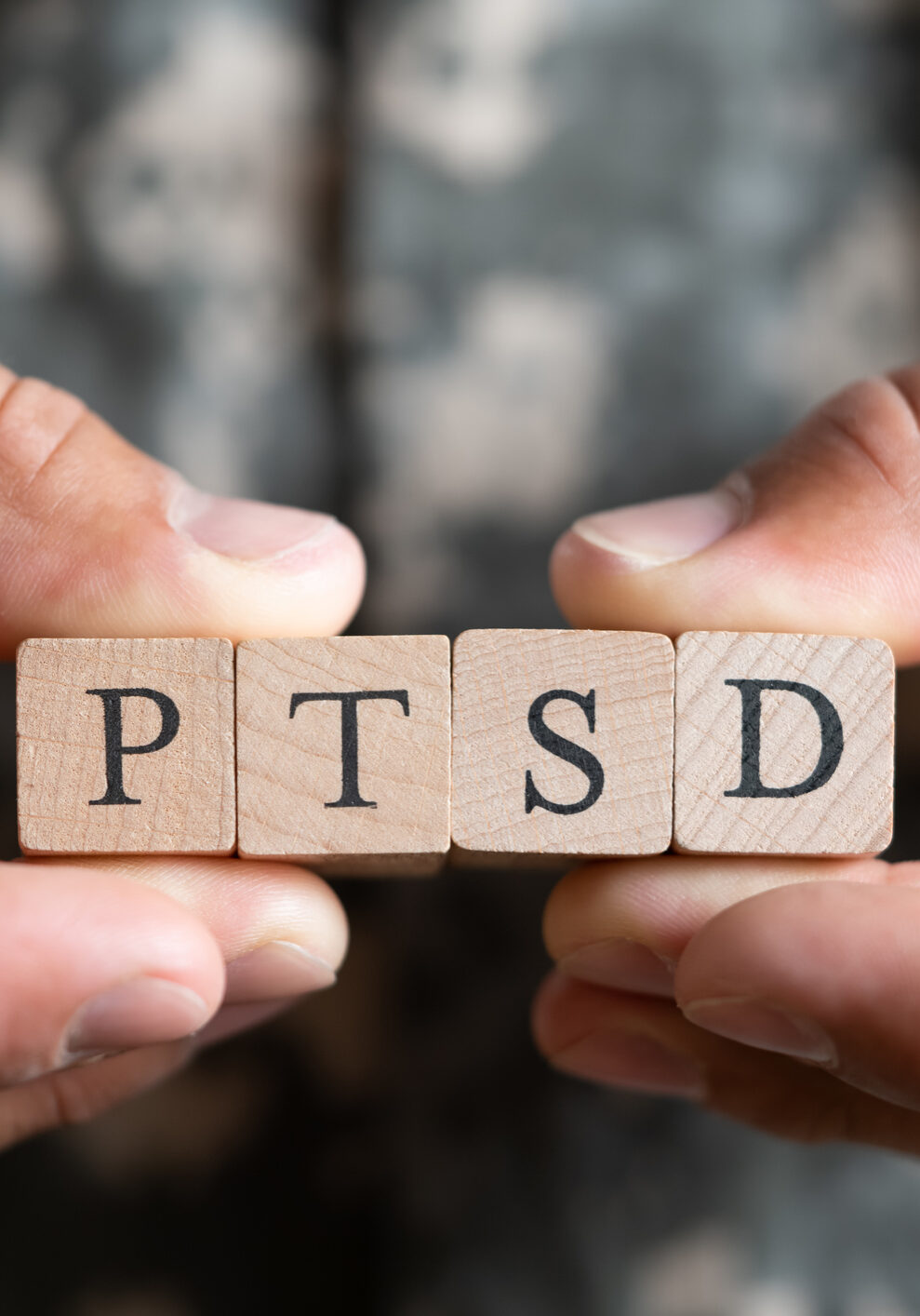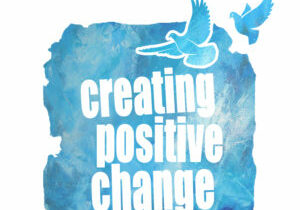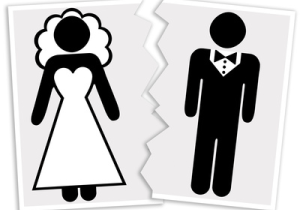"In the journey of PTSD treatment, every step forward is a triumph over the past."
Different Approaches to PTSD & Trauma Treatment
Treatment for PTSD & Trauma
PTSD symptoms (Post Traumatic Stress Disorder) can include: depression, anxiety, hyper-awareness of your surroundings, difficulty sleeping, nightmares, flashbacks, obsessive thoughts, etc. What’s frustrating to most people who are experiencing PTSD symptoms is that it feels like they are not themselves, are out of control, and they can’t seem to “shake it off”. That’s because trauma plays a trick on us and temporarily re-wires the brain a bit. Let me give you an example. If you were a law enforcement officer working undercover and found yourself in very dangerous situations where the people who were a threat to your safety happened to have gold teeth, your brain might associate gold teeth with life-threatening danger. Even if intellectually you know differently, somehow the brain still creates that association. The next thing you know, you’re in the mall shopping with your wife, you see someone with gold teeth and your heart starts to pound. That’s PTSD! Luckily, trauma can be treated. There are a number of PTSD treatments that can be very effective. Here are a few:
Cognitive Behavioral Therapy (CBT)
This type of therapy is specifically designed to break the problematic association that PTSD has created in your brain. In a sense, it helps re-wire your brain back to normal. CBT teaches you how to recognize (and change) the thinking errors your brain is committing. It also helps you to develop new behaviors (that will help reduce your anxiety), and help understand and eliminate the old behaviors that sustain your fear.
Narrative Therapy & Emotional Processing Therapy
Narrative Therapy and Emotional Processing Therapy help reduce the intensity of the emotions you feel related to the trauma. In the beginning after a trauma, most people feel a bit numb or disconnected. Then, after a little time has past, strong emotions can set it. Narrative and Emotional Processing Therapy help to clear those strong emotions out of your system in a sense. After an appropriate course of this type of treatment, you should be able to remember what happened to you without being upset by the memory. It just becomes one more experience that has been a part of your life.
Exposure Therapy and Systematic Desensitization
This type of therapy has gotten a lot of media attention lately because it’s often used for returning war veterans who are experiencing combat-related PTSD. The basic idea with these types of therapies is to teach the patient relaxation techniques first, and then practice those techniques while having some exposure to the trauma image or memory. For instance, it’s not uncommon for people in severe car accidents to be afraid to drive after their accident (even weeks and months later). Exposure therapy in this type of case might involve practicing relaxation techniques while watching videos of car crashes. Eventually, this helps to reduce and eliminate the fear of driving.
Types of Trauma Therapy I Provide in Plantation FL
I am trained in and provide all of the above therapies. As with all of my services, I tailor my approach and treatment modalities to the specific need and circumstances of each client. Not everyone responds the same way to all therapies, so as a therapist, it’s important that I remain flexible. You may not always know what type of therapy (or combination of therapies) you are receiving in the course of a session because many therapies can be integrated seamlessly. So that’s why it’s important to select a therapist you trust and feel comfortable with.


Do You Offer EMDR Therapy?
Dr. Chantal and her team have made a thoughtful, well-researched decision not to offer Eye Movement Desensitization and Reprocessing Therapy. Here are some of the reasons why.
- Underlying Conditions: EMDR might not address underlying mental health conditions that could be contributing to trauma-related symptoms. Comprehensive assessment and treatment planning are essential.
- Complex Cases: EMDR may not be as effective for individuals with complex trauma histories or those dealing with multiple interconnected traumas. These cases might require more extensive and nuanced therapy approaches.
- Lack of Scientific Understanding: While EMDR has gained acceptance in the mental health field, there's ongoing debate about the exact mechanisms behind its effectiveness, and more research is needed to fully understand its impact.
- Side Effects: Some individuals might experience temporary side effects such as vivid dreams, heightened emotions, or increased distress immediately following EMDR sessions.
- Individual Variability: Not everyone responds to therapy in the same way. EMDR's effectiveness can vary depending on an individual's personality, resilience, and unique experiences.
- Incomplete Resolution: While EMDR aims to desensitize and reprocess traumatic memories, complete resolution might not always be achieved for all individuals.
- Ethical Considerations: Some individuals might not be emotionally ready to confront traumatic memories, and EMDR could potentially retraumatize them if not approached with care and sensitivity.
Research on EMDR therapy showcases both positive outcomes and ongoing debates within psychology. While studies demonstrate its trauma treatment effectiveness, there are critiques. Some researchers question the role of eye movements, suggesting their necessity might be uncertain. Mechanisms behind EMDR's success also remain unclear, leaving its variability unexplained.
Criticisms encompass inconsistent training and procedural standards among therapists, potentially affecting treatment reliability. Rigorous research, like randomized controlled trials, is needed to solidify EMDR's superiority over other trauma therapies.
While EMDR therapy has shown moderate effectiveness in trauma treatment, other therapeutic approaches offer unique advantages that some individuals might find more suitable. Cognitive Behavioral Therapy (CBT), for instance, provides a structured framework for addressing negative thought patterns and behaviors linked to trauma, offering valuable coping skills. Dialectical Behavior Therapy (DBT) incorporates emotional regulation techniques that can be particularly beneficial for individuals dealing with complex trauma and intense emotions. Narrative Therapy offers individuals a transformative space to reconstruct and reframe their trauma experiences, fostering empowerment and healing through the reconstruction of personal narratives. Prolonged Exposure (PE) Therapy: Similar to exposure therapy in CBT, PE therapy encourages individuals to confront avoided situations, places, and memories related to the trauma. This controlled exposure helps them develop mastery over their fear and anxiety responses. Cognitive Processing Therapy (CPT): CPT focuses on challenging and modifying distorted or negative beliefs individuals may have developed following trauma. By reshaping these beliefs, individuals can experience reduced distress and improved coping. Mindfulness-Based Therapies: Mindfulness practices like Mindfulness-Based Stress Reduction (MBSR) and Mindfulness-Based Cognitive Therapy (MBCT) can help individuals build awareness, reduce reactivity, and manage intrusive thoughts and emotions
The choice between therapies ultimately depends on individual preferences and needs, highlighting the importance of considering a range of options in trauma treatment.
Effective, Individualized, Evidence-Based Trauma Therapy in South Florida
Dr. Chantal and her team of dedicated therapists and compassionate mental health clinicians in Plantation, FL, are here to provide a beacon of hope on your healing journey. They understand that seeking help for PTSD can be a courageous step, and they are committed to caring for you every step of the way. With a range of evidence-based therapies, including those mentioned earlier, they're equipped to guide you towards relief and recovery. Your well-being is their priority, and they invite you to invest in yourself now – to trust in their expertise, care, and guidance as you embark on this path towards healing.



What About Trauma in Children? Do Children Need PTSD Therapy?
When it comes to helping kids deal with tough stuff, getting them the right help is like giving them a superpower. Treating childhood trauma isn't just a quick fix; it's like building their emotional muscles for life. Imagine this: with the right support, children can learn to handle emotions like superheroes, developing ways to stay strong even when things get rough.
Child therapists and psychologists can be amazing guides who understanding kids. We use cool tricks like play therapy, art therapy, and storytelling that really engage children. These approaches to treating trauma in children make it easy for kids to open up, express what they're feeling, and figure out how to tackle those big emotions.
Parents, you're a crucial part of this journey too! Learning about childhood trauma psychology isn't about being an expert; it's about connecting with your little one. It's learning to understand their secret code and being there for them. By teaming up with a child therapist in South Florida and joining family sessions, you're creating this super-strong support bond that helps your child shine even brighter.
So, if you're searching for a "child therapist near me" or "pediatric therapists near me," don't wait – help is right around the corner. My awesome team of pediatric psychologists and child therapists have a variety of cool ways to help kids heal and grow.
By giving your child the care they need today, you're setting them up for a future full of strength and happiness. Remember, your steps now could make all the difference in their world.
What About Psychiatric Medication for PTSD?
Psychiatrist-prescribed medication can offer valuable benefits for individuals grappling with PTSD.
These medications are like a supportive hand, helping to ease the emotional weight of traumatic experiences. They can help manage distressing symptoms such as anxiety, depression, and insomnia that often accompany PTSD, providing much-needed relief.
By stabilizing mood and reducing overwhelming emotions, these medications create a more manageable space for therapy and healing. It's important to note that while medication can be an effective tool, it's often most beneficial when used in combination with psychotherapy, enhancing the overall treatment approach. Our psychiatrists at Plantation Psychiatry can help tailor a medication plan to your specific needs, contributing to a journey of recovery and improved emotional well-being


























